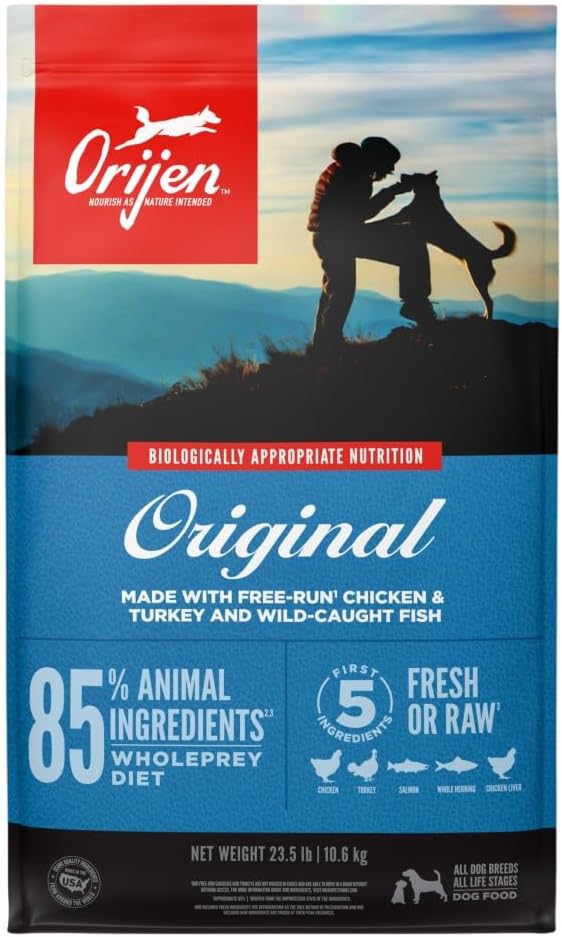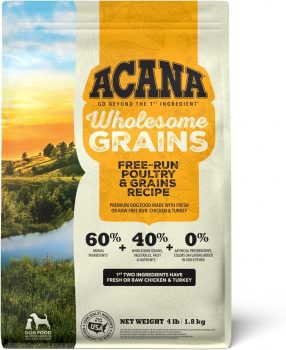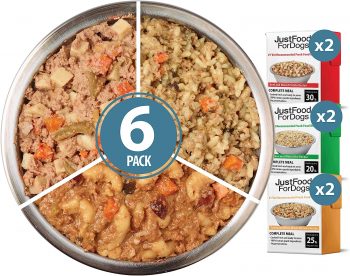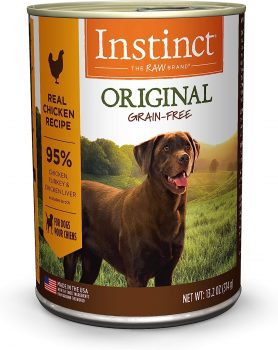Shelties, or Shetland Sheepdogs, are small, agile, and intelligent dogs known for their obedience and long, lustrous coat. These energetic herders require a well-balanced diet to maintain their health and vitality. The appropriate food amount for a Sheltie can vary widely based on individual factors such as age, weight, activity level, and the caloric content of their food. This guide aims to provide Sheltie owners with a comprehensive understanding of their pet’s nutritional needs, offering approximate feeding amounts and a monthly cost estimate for feeding a Sheltie.
1. Analyzing the Nutritional Needs of Shelties
Shelties have a fast metabolism and require a nutrient-rich diet to stay healthy. Their food should have a good balance of high-quality proteins, healthy fats, essential vitamins, and minerals tailored to their size and energy levels.
2. Daily Food Quantities for Shelties
An average adult Sheltie typically needs about 3/4 to 1.5 cups of dry dog food per day. Puppies may require more food spread out over three to four meals as they grow, while seniors may need less. It’s important to adjust these amounts based on the dog’s activity level and the specific calorie content of the food.
3. Feeding Sheltie Puppies
Sheltie puppies require more frequent feeding schedules with nutrient-dense food to support their rapid growth. A structured feeding routine with the correct portion sizes is crucial for their development into healthy adults.
4. Transitioning to Adult Feeding Regimens
As puppies transition into adulthood around one year of age, their feeding requirements change. This section would detail how to adjust portion sizes and meal frequencies for adult Shelties.
5. Senior Sheltie Nutritional Adjustments
Older Shelties often have different nutritional needs due to decreased activity levels and slower metabolism. This part of the article would explore how to alter their diet to maintain health and prevent obesity.
6. Assessing and Adapting to Activity Levels
Active Shelties may require more calories, while less active or overweight dogs may require fewer. This section would discuss how to gauge your Sheltie’s activity level and adjust food intake accordingly.
7. Understanding Food Types and Quality
This section would compare wet food, dry food, raw diets, and home-cooked meals, emphasizing the importance of high-quality ingredients and proper formulation for small breed dogs.
8. The Cost of Feeding a Sheltie
The monthly cost of feeding a Sheltie will depend on the type of food (premium brand, organic, raw diet) and the amount required. This part would provide a cost range and tips for budgeting without compromising on nutritional quality.
9. Monitoring Your Sheltie’s Health Through Diet
Regular vet check-ups, watching for weight changes, and understanding the signs of dietary deficiencies or allergies are all crucial. This section would address these topics and discuss the importance of a tailored diet.
10. FAQs on Feeding Shelties
This final section could include frequently asked questions and practical feeding tips to help Sheltie owners navigate common concerns and misconceptions.
Our 5 Top Foods for Shelties
The diets were selected by our founder Justin Palmer, a certified canine nutrition expert, specifically with Shelties in mind:
| Food | Pros | Cons |
|---|---|---|
|
|
|
|

Check Today's Price on: |
|
|

Check Today's Price on: |
|
|

Check Today's Price on: |
|
|

Check Today's Price on: |
|
|
Conclusion
Feeding a Sheltie the right amount of food is essential for their health and happiness. This guide provides foundational knowledge, but it’s important to tailor dietary choices to your Sheltie’s specific needs. Regular consultations with a veterinarian can ensure your Sheltie is on the right track for a long and healthy life.
Frequently Asked Questions About Feeding a Sheltie
1. How much food should I feed my adult Sheltie each day?
An adult Sheltie typically requires about 3/4 to 1.5 cups of dry dog food per day, divided into two meals. This amount can vary based on the dog’s size, activity level, and the calorie content of the food. It’s important to regularly monitor your Sheltie’s weight and adjust food portions to maintain an ideal body condition.
2. What type of diet is best for a Sheltie?
The best diet for a Sheltie is one that is balanced and formulated for small to medium breeds. It should have a good protein source as the main ingredient to maintain their energy levels and muscle mass, along with essential fats, carbohydrates, vitamins, and minerals to support overall health.
3. Can Shelties have grain-free food?
Shelties can have grain-free food, especially if they have a grain allergy or sensitivity. However, it’s important to ensure that the grain-free diet you choose still provides the necessary nutrients your Sheltie needs. Always consult with your veterinarian before making any significant changes to your dog’s diet.
4. How often should I feed my Sheltie puppy?
Sheltie puppies should be fed three to four times a day with a high-quality puppy formula specifically designed for small breeds. This frequent feeding supports their high metabolism and energy needs for growth and development. As they approach adulthood, you can gradually reduce the number of feedings to twice a day.
5. Are there any human foods that are dangerous for Shelties?
Yes, several human foods are dangerous for Shelties and all dogs. These include chocolate, grapes, raisins, onions, garlic, and products containing xylitol, among others. These foods can cause serious health issues and should be avoided entirely.
6. How can I tell if I’m overfeeding my Sheltie?
Signs of overfeeding include weight gain and a lack of a defined waist. Your Sheltie’s ribs should not be visible, but you should be able to feel them without a thick layer of fat. If you’re concerned about your dog’s weight, consult with a veterinarian for a proper dietary plan.
7. What should I do if my Sheltie is a picky eater?
If your Sheltie is a picky eater, try offering a variety of healthy dog foods to see which one they prefer. Ensure the food is fresh and at an appealing temperature. If your Sheltie’s picky eating persists, consult your veterinarian to rule out any underlying health issues.
8. Do Shelties require supplements in their diet?
Most Shelties won’t need supplements if they are on a well-balanced diet. However, some may benefit from specific supplements for skin, coat, or joint health. Always consult with your veterinarian before adding supplements to ensure they are necessary and safe.
9. How should I adjust feeding amounts as my Sheltie ages?
As Shelties age, their metabolism slows, and they may become less active, requiring fewer calories. Adjust feeding amounts to maintain a healthy weight, and consider transitioning to a senior dog food formula that’s lower in calories and fat but high in fiber.
10. What is the average monthly cost of feeding a Sheltie?
The average monthly cost of feeding a Sheltie can range from $20 to $40, depending on the brand and type of food you choose. Premium foods or special diets may increase this cost, while bulk purchases and store brands may reduce it.
 Check Today's Price on:
Check Today's Price on:
 Toledo, United States.
Toledo, United States.